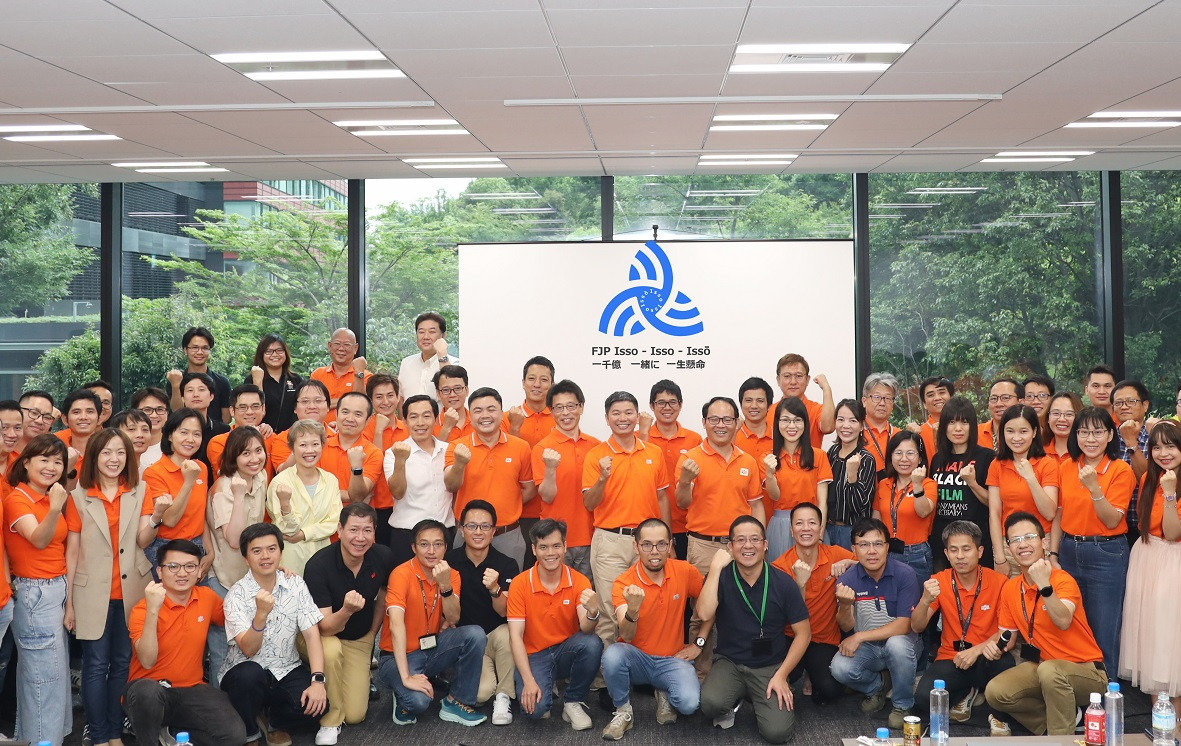
Do Van Khac, CEO of FPT Japan, and chair of VADX Japan, talked to VietNamNet about the mission of the association and the opportunities for Vietnam’s IT firms in the Japanese market.
How did the idea of establishing the association occur?
A report says Japan's demand for software development outsourcing is estimated at more than $30 billion a year, and Vietnamese IT firms just account for about 6-7 percent of market share, according to IPA.
To grasp the opportunities, Vietnam’s IT firms in Japan decided to set up an association of Vietnamese firms in the field of IT in Japan.
We hope VADX will become a strategic bridge that promotes cooperation and development in the digital transformation industry and contributes to sustainable socio-economic development of the two countries.
VADX Japan has set a goal of having tens of thousands of high-quality engineers in Japan and tens of thousands of engineers fluent in Japanese in Vietnam. So, VADX Japan will help fix the labor shortage, a big problem in Japan, with the supply of 789,000 workers by 2030 as estimated by METI (Japanese Ministry of Economy, Trade and Industry).
What are the advantages and challenges in Japanese digital transformation for Vietnamese enterprises which want to seek business opportunities?
Regarding the market, as I said above, the Japanese softare outsourcing market is worth over $30 billion a year. Japan is developing the most advanced technologies to build a ‘5.0 society’, in which IT plays a very important role, which acts as a foundation and can be used in all fields, from production-manufacturing and transport-construction to healthcare, banking and finance. Therefore, the country has huge demand for resources. These are great opportunities for Vietnam’s IT firms.
You may see that the whole world is talking about AI, semiconductors, automobile industry, digital transformation and green transition. The members of VADX Japan are in very important positions to improve competitiveness, and create speial positions in the world for Vietnam and Japan. The other advantage is that Vietnam and Japan are now in a comprehensive strategic partnership.
However, there are also challenges. To work with Japanese partners, Vietnam’s firms need to have workers who speak Japanese and understand Japanese culture.
The other challenge is the required high quality of products and services. Japan is known as one of choosiest markets in the world. VADX Japan’s member companies need to improve and provide end-to-end services to clients.

How have been Vietnam’s IT firms developing in Japan?
Vietnam’s IT firms in Japan have been growing rapidly. We have more than 10 firms with 1,000 workers each, such as FPT Japan, Rikkeisoft, VTI, NTQ and CMC. The total number of businesses providing IT services to Japanese enterprises is about 500.
At first, Japanese partners just hired Vietnamese firms to do simple work such as coding and testing. But now, Vietnam’s IT firms can participate in many stages, from research and design to deployment of digital transformation projects, and application of new technologies such as Cloud, Big Data, AI, Blockchain and VR/XR.
Japan is chosen by Vietnamese businesses as a ‘fulcrum’ and ‘springboard’ to conquer many other markets. What do you say about the trend?
I think this is a good idea. Japanese clients are choosy and demanding. If Vietnam’s firms can satisfy Japanese clients, they will have an advantage when trying to penetrate other markets. FPT has succeeded by going this way.
Many big players in Europe and America are now also targeting the Japanese market, which means pressure on Vietnamese enterprises in Japan. What will VADX Japan do to help Vietnamese enterprises?
Japan has created a ‘reverse investment’ trend. Under the traditional investment model, developed countries made investment in less developed countries, sold technologies and took full advantage of the low-cost labor force of targeted countries.
However, amid the technology revolution and 5.0 society orientation, the government of Japan and Japanese enterprises are using attractive policies to lure foreign investors and drive cash flow to Japan, especially in important fields such as IT.
Binh Minh